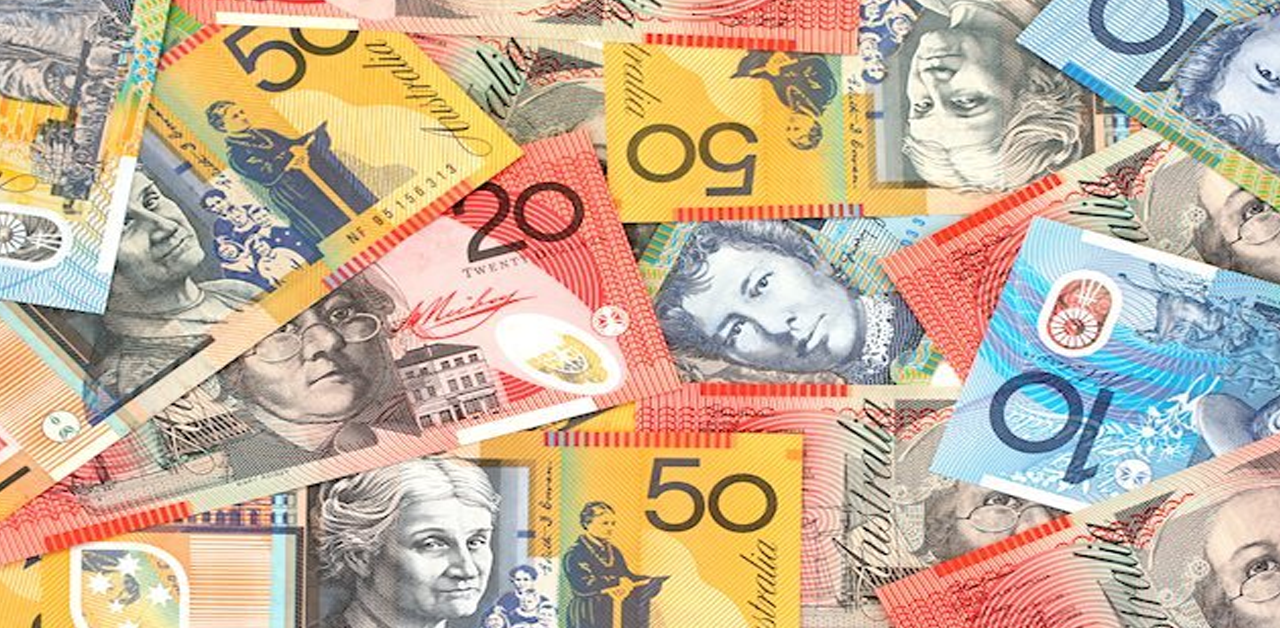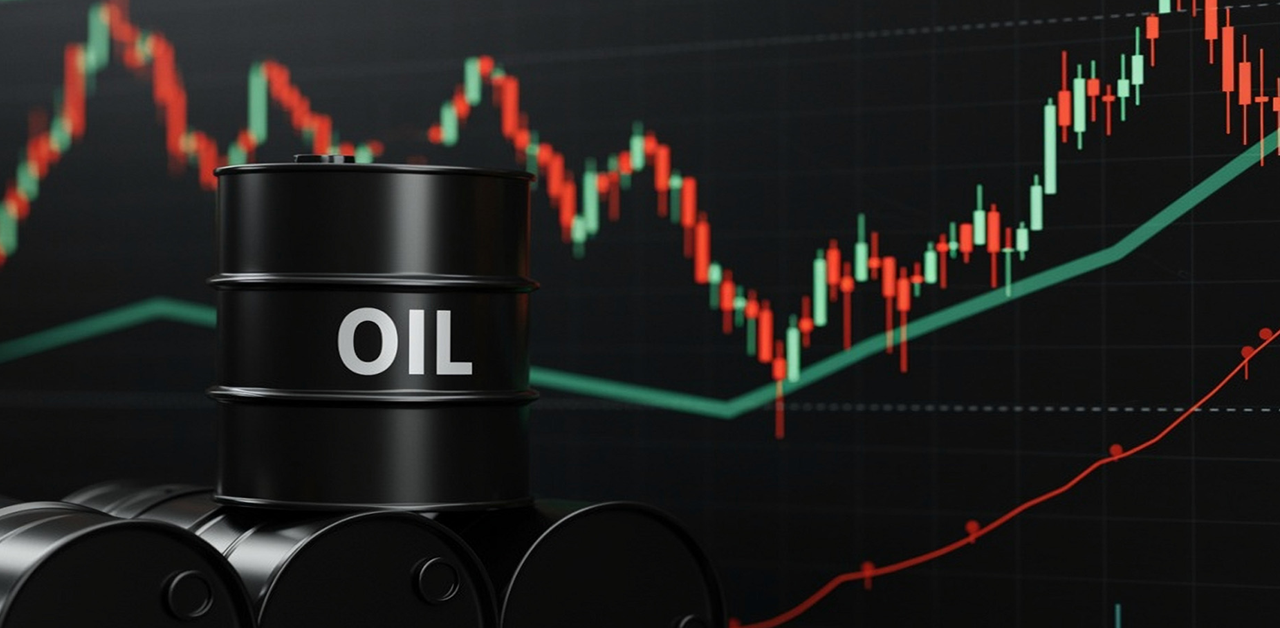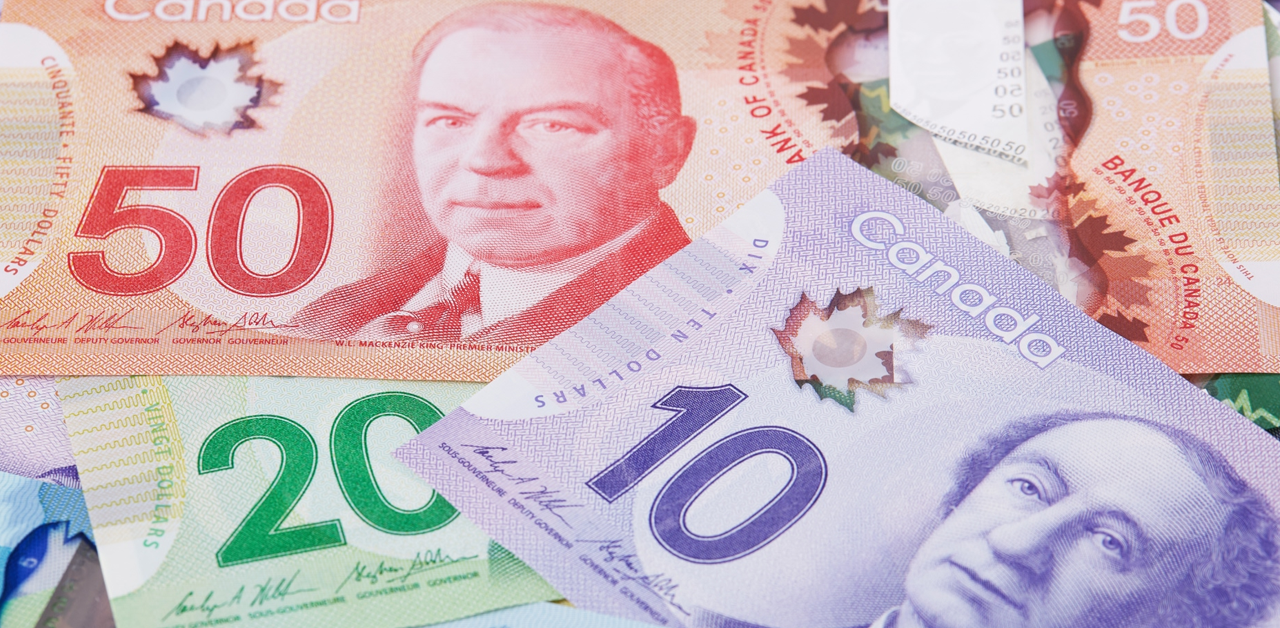UAE claims it has no spare capacity, oil prices jump by 1%
The energy minister of the United Arab Emirates stated that the country is producing near capacity, defying expectations that this could assist boost supply in a tight market. As a result, oil prices increased by nearly 1% in early Asian trade on Tuesday. According to some estimates, Saudi Arabia and the United Arab Emirates are the only two OPEC members with extra capacity to make up for lost Russian supplies and subpar performance from other members.
At 00:28 GMT, US West Texas Intermediate (WTI) crude CLc1 futures increased $1.07, or 1%, to $110.64 a barrel, building on a prior session rise of 1.8 percent. The price of Brent oil LCOc1 futures increased $1.08, or 0.9 percent, to $116.17 a barrel, following a prior session increase of 1.7 percent.
“The market was helped by rumours of a seam of restricted supply. According to reports, the capacity limits for two key producers, Saudi Arabia and the UAE, are being reached or will soon be reached “Tobin Gorey, a commodities analyst at Commonwealth Bank, stated in a note. According to its quota of 3.168 million barrels per day (bpd) under the deal with OPEC and its allies, collectively known as OPEC+, the UAE’s energy minister Suhail al-Mazrouei stated on Monday that the country was producing at or close to its full capacity.
His statements corroborated those of French President Emmanuel Macron, who told US President Joe Biden outside the Group of Seven meeting that Saudi Arabia could only increase output by 150,000 bpd, well below its nominal spare capacity of about 2 million bpd, and that the UAE was operating at maximum capacity. Analysts also noted that political upheaval in Libya and Ecuador could further constrain supply. Libya’s National Oil Corp said on Monday that if oil terminal production and shipping don’t pick up within the next three days, it may be necessary to declare force majeure in the Gulf of Sirte region.
According to Ecuador’s Energy Ministry, due to anti-government demonstrations, the nation may fully halt oil production over the next two days. Before the demonstrations, the former OPEC nation was producing about 520,000 barrels per day. These elements highlight market shortages, which have sparked a market recovery this week and countered recession-related price pressure over the previous two weeks. For oil prices to significantly and steadily decline, more barrels must enter the market, according to managing partner Stephen Innes of SPI Asset Management.











